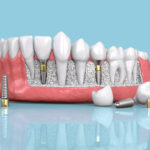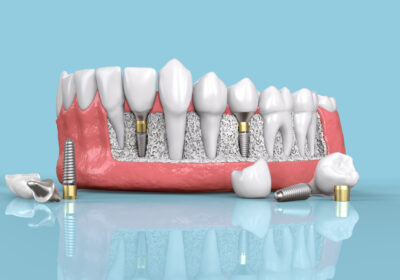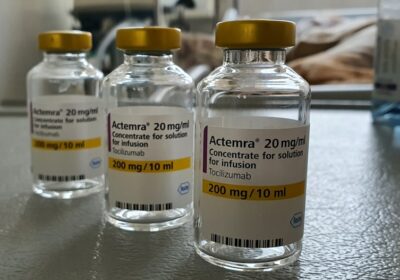
Relapse Prevention: Strategies and Techniques for Maintaining Sobriety
Addiction recovery is a long and challenging journey that requires dedication, hard work, and persistence. One of the most significant obstacles that people in recovery face is the risk of relapse. Relapse refers to the return to substance use after a period of abstinence, and it is a common occurrence among those in addiction recovery. However, with the right strategies and techniques, it is possible to prevent relapse and maintain sobriety. In this blog post, we will explore some effective relapse prevention techniques that can help you stay on track.
Identify Triggers
One of the most important steps in relapse prevention is identifying your triggers. Triggers are situations, emotions, or people that increase the risk of relapse. Common triggers include stress, anxiety, depression, social isolation, and exposure to drugs or alcohol. By identifying your triggers, you can develop strategies to avoid or manage them effectively.
Develop Coping Skills
Developing coping skills is essential in preventing relapse. Coping skills refer to the strategies and techniques that you can use to manage stress, cravings, and other triggers. Some effective coping skills include meditation, exercise, deep breathing, mindfulness, and relaxation techniques. By practicing these skills regularly, you can reduce stress, anxiety, and other negative emotions that can lead to relapse.
Create a Support System
Having a strong support system is critical in addiction recovery. A support system can include friends, family, support groups, therapists, and other professionals who understand addiction and can offer guidance and support. Surrounding yourself with positive and supportive people can help you stay motivated and focused on your recovery.
Develop a Relapse Prevention Plan
Developing a relapse prevention plan is an effective way to prepare for potential triggers and prevent relapse. A relapse prevention plan is a detailed strategy that outlines the steps you will take to prevent relapse. The plan should include your triggers, coping skills, support system, and emergency contacts. By having a relapse prevention plan in place, you can act quickly and effectively to prevent relapse.
Stay Connected to Treatment
Staying connected to treatment is essential in maintaining sobriety. Treatment can include therapy, medication-assisted treatment, support groups, and other forms of addiction treatment. Regularly attending treatment sessions can help you stay focused on your recovery and address any issues or challenges that may arise.
In conclusion, relapse prevention is a critical aspect of addiction recovery. By identifying your triggers, developing coping skills, creating a support system, developing a relapse prevention plan, and staying connected to treatment, you can effectively prevent relapse and maintain sobriety. Remember, addiction recovery is a journey, and relapse is not a failure but an opportunity to learn and grow. With the right strategies and techniques, you can achieve long-term sobriety and enjoy a healthier and happier life.


















